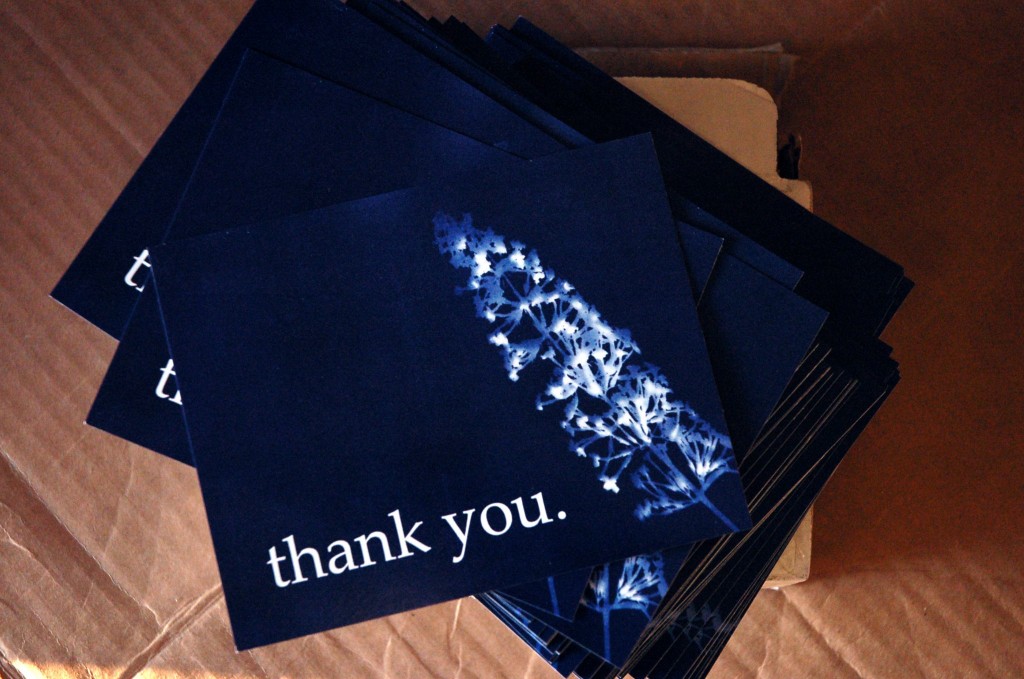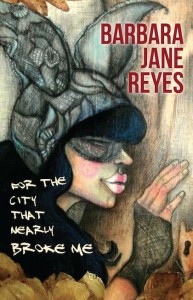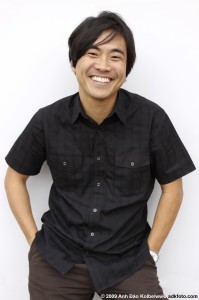Welcome back to the Lantern Review Blog’s 2012–2013 season! We’re happy to announce that we are returning with the same team of talented staff writers who were with us last year, so you can expect the same, high quality of interviews, reviews, and column posts as usual. We’ve also decided to make a few changes to our look and format for this season.
Change in Format of Editorial Posts
Last year, with the volume of regular staff contributor posts that we were putting up every month, we found ourselves with less ability to focus on our editorial columns than in the past. As a result, our readers were treated to a regular array of Friday Prompts, but not much in the way of other editorial content, such as coverage of events and news about contributors. In the interest of reintroducing some variety, we’ve decided to consolidate most of our editorial posts into a single column, “Editors’ Corner,” which will appear (approximately) every other Friday, and will cover a broader range of content than we have been able to feature in the past. We’ll still be posting prompts on some Fridays, but they will appear less frequently than before, and will be interspersed with other prescient topics of interest—such as thoughts on publishing; meditations on balancing work and writing; observations about teaching; books we’ve been reading lately; readings we’ve attended, etc.
Contributor News Moved to Facebook and Twitter
In addition to introducing our “Editors’ Corner” column, we’ll also be moving most of our updates about contributors and friends (which we previously featured in “Friends & Neighbors” posts) to our social media outlets: Facebook and Twitter. The LR community has grown by leaps and bounds in the past three years (for which we are infinitely grateful), and as it has grown, we’ve begun to discover that the format of posting contributor news to the blog has made it difficult for us (of which there are only two, both with full-time day jobs!) to feature everyone’s recent news in a timely manner. In order to ensure that we are able to get the word out more efficiently about as many of our contributors’ activities as possible, we’ve decided that it would be more effective to announce news on Facebook and Twitter as we become aware of it, rather than waiting until we have enough tidbits to make up a blog post. If you have recent news of a publication, reading, award, or other event that you would like us to feature, please do share it with us, either by tagging us on Facebook, Tweeting us, or sending us an email. We’ll do our best to share and retweet any contributor news that comes across our radar organically during the work week, and will also be sure to pass on news about calls for submission, new releases of APIA Lit mags, and readings or events of interest as we become aware of them.
The Blog Gets New Clothes; More Coming Soon
We’ve given the blog a bit of a design update in anticipation of an overall site redesign that we plan to release with Issue 5 (which we hope to complete soon). What do you think of the new color scheme and header font? Let us know in a comment or email!
* * *
That’s all of our recent news for now. Our regular schedule of contributor blog posts will begin on Wednesday, when we’ll post Wendy Chin-Tanner’s interview with Lee Herrick. Please keep your eyes peeled for news about Issue 5, and in the meantime, please don’t hesitate to let us know any thoughts/questions you might have about the changes discussed above.
Happy November! (And if you are a U.S. voter, don’t forget to cast your vote tomorrow!)
Light and Peace Always,
Iris & Mia



